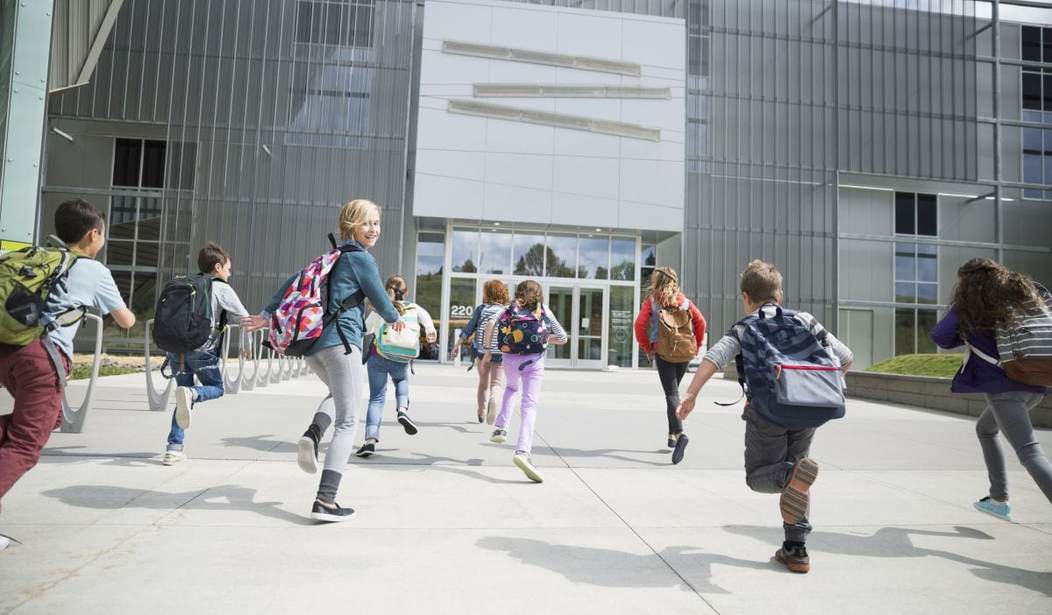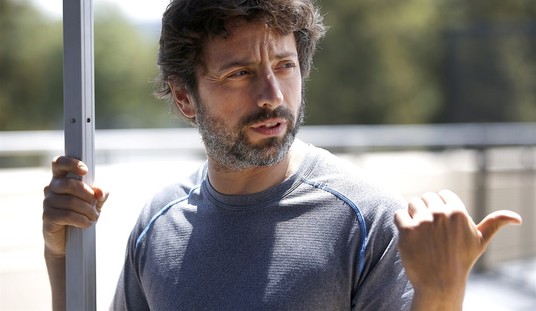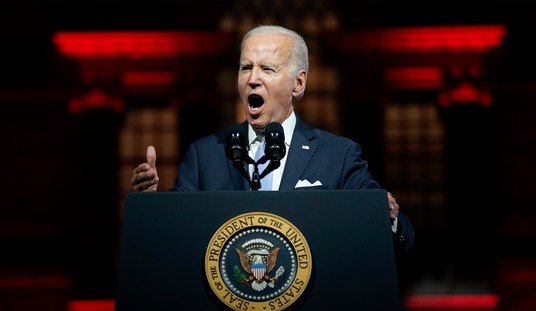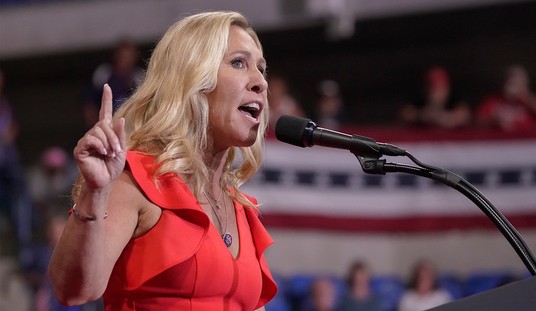A tentative agreement reached by the legislative leadership from both sides regarding funding for Illinois is getting criticism from all sides, including the governor, Bruce Rauner, and the Chicago Teachers Union.
But since the situation is so dire and the politicians are so scared, there’s a better than even chance it will pass. Without the funding, most Illinois schools would not be able to open on time.
At issue is Senate Bill 1, a measure passed by the legislature to move Illinois to an “evidence-based model” of education funding, which would take into account each district’s individual needs, as well as its local revenue sources, when appropriating state aid – prioritizing districts that are furthest from being fully-funded.
Without an evidence-based model in place, no state funding can be disbursed to K-12 schools across Illinois at all, due to a provision in the budget passed in July that makes aid contingent on an overhaul of the funding formula.
Critics of SB 1, including Rauner, have called it a “bailout” for cash-strapped Chicago Public Schools because the bill as passed took into account the district’s $505 million in unfunded pension liability, plus $221 million in its normal pension payments, as well as the $203 million Chicago Block Grant, when determining how much it should receive in state funding.
The governor’s amendatory veto earlier this month made several changes to the bill that included the removal of those considerations – which would result in CPS receiving $463 million less in state aid, according to an analysis from the Illinois State Board of Education.
While specifics of Thursday’s compromise – hammered out through a series of closed-door meetings – have not yet been made public, it may include an additional $300 million to CPS above Rauner’s plan, as well as giving the state’s largest school district the authority to raise property taxes.
In exchange, changes to the way tax increment financing districts are calculated into a school’s local funding capabilities may be imminent, at Republicans’ behest, plus a potential allowance for districts to get rid of requirements, like physical education, for which the state does not provide funding.
One of the more contentious results of the negotiations is a possible tuition tax credit pilot program for which officials may earmark up to $75 million for tax credits to parents who send their children to private schools.
That was one of the features that Rauner called a “good reform” on Friday, though progressive Democrats, as well as several unions like the Illinois Education Association, quickly denounced the program as an effort to create a statewide voucher program.
So Illinois school kids are not out of the woods yet. Teachers unions, the Chicago Public Schools, and no doubt the city of Chicago may yet oppose the bill, putting its passage in grave doubt. On the other hand, downstate Republicans deeply resent the hundreds of millions of dollars going to bail out the CPS, which may doom passage anyway.
But the purpose of a compromise is to give a little to get a little. Both sides gave a lot and it’s unclear whether it was too much.









Join the conversation as a VIP Member